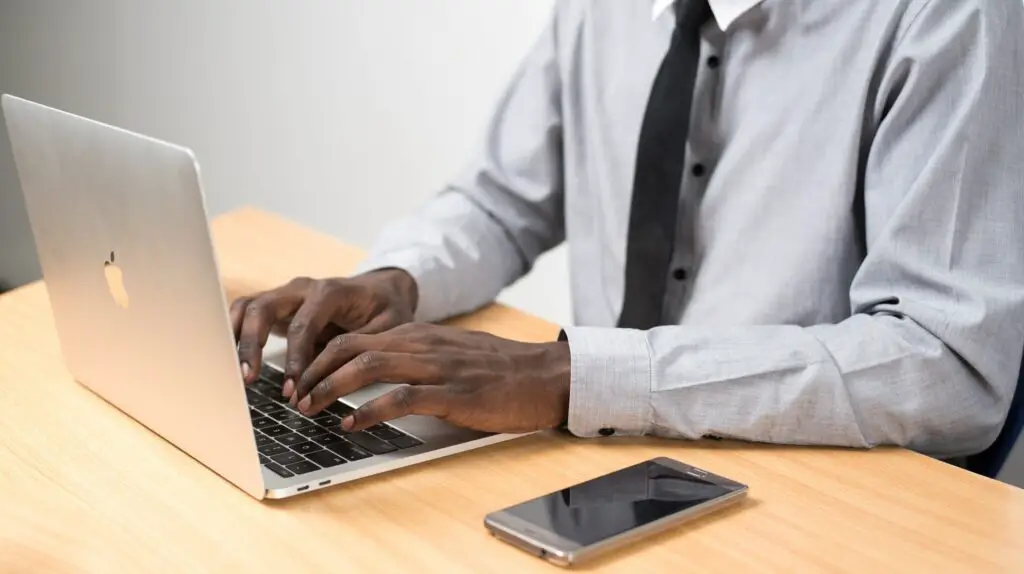Tech giant Apple is set to launch a mentorship program called Launch@Apple. It is set to debut in the first half of 2021, targeting freshmen and sophomores in fields such as business, economics, and mathematics who are the first in their families to attend college.
The program matches students with mentors who can provide opportunities for career enrichment outside the university such as job shadowing, paid externships, and paid internships.
A document uploaded on Scribd by MacRumors explains that interested students have until Friday, January 8, to submit their applications.
Logan Kilpatrick, an engineer at Apple, confirmed the program with a tweet from his personal account.
Friends, if you are or know a first generation college student (freshman or sophomore) majoring in finance, economics, or accounting, please have them apply for Launch@Apple! pic.twitter.com/qCZXAjHxH6
— Logan Kilpatrick (@OfficialLoganK) December 22, 2020
Applicants are asked about prior work experience, their greatest challenges, and the reasons why they should be selected for the program.
The website 9To5Mac suggested that this mentorship program could be a part of the company’s $100-million-dollar Racial Equality and Justice Initiative.
Supporting Future Tech Leaders
This is not Apple’s first foray into supporting education. Last August, the tech giant created a Community Education Initiative (CEI) responsible for supporting teachers with coding and creativity programs.
An August blog post revealed that nearly 500 educators participated in a virtual coding academy that would help “bring coding, creativity, and workforce development opportunities to learners of all ages and to communities that are traditionally underrepresented in technology.”
“The purpose of this year’s coding academy was not only to help educators learn the tools to code and teach coding, but to do so in an environment in which remote learning is considered the new norm,” the post explained.
The tech giant is responsible for facilitating and supporting CEI programming in 24 cities and regions across the US, 21 of which serve mostly Black and Brown students.


